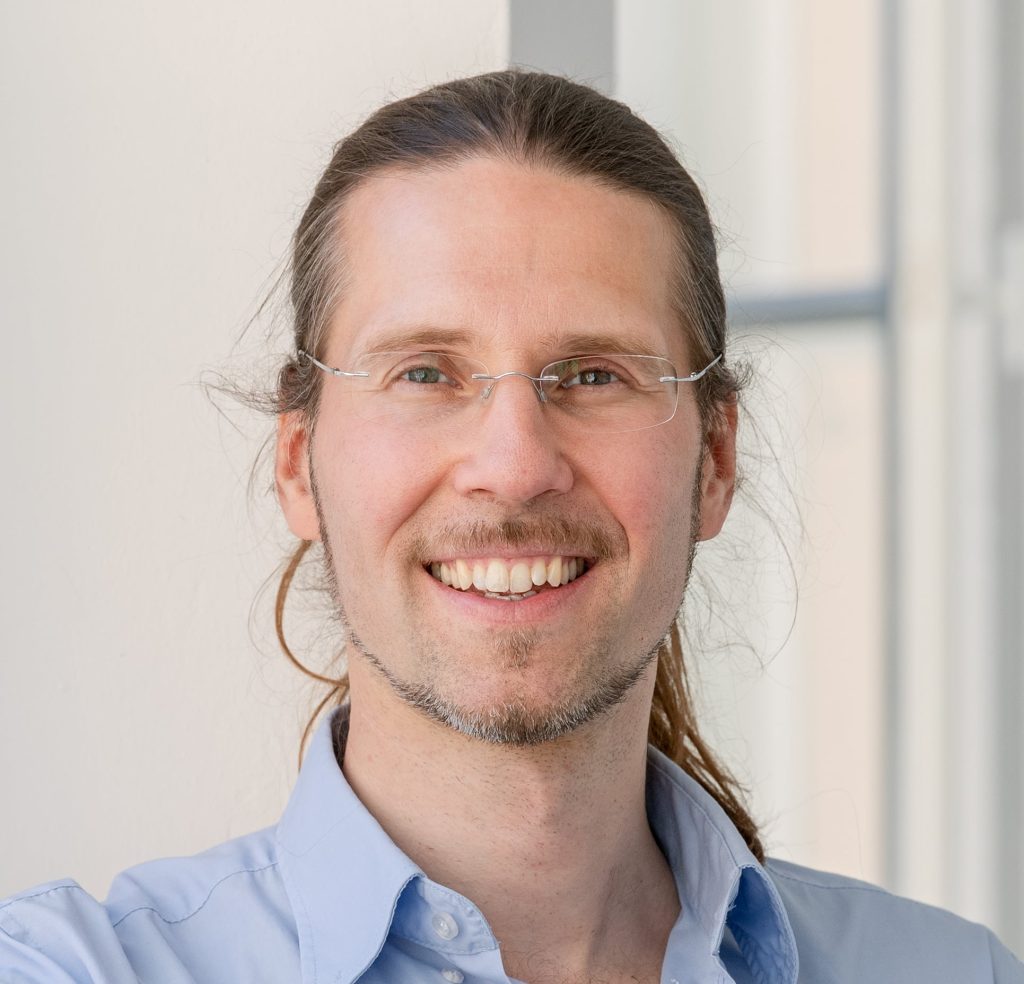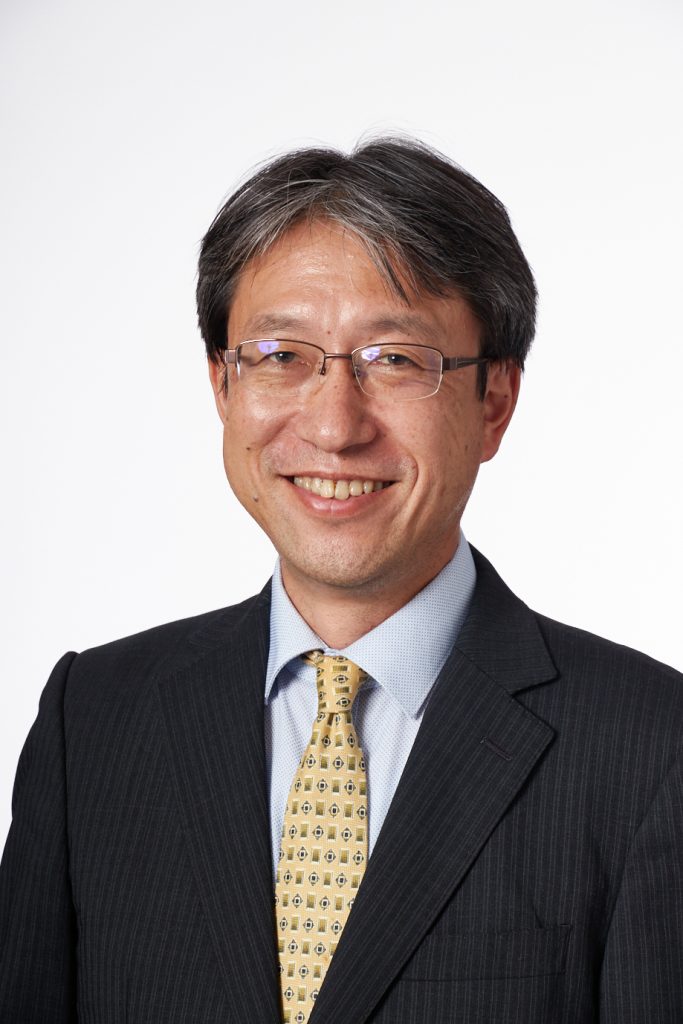Speaker 1 : Marc-Oliver Pahl

Title
Defending the Digital Realm: A Holistic Approach to Cybersecurity from the sound of Robot Arms over collaborating competitors to Human Retinas
Abstract
In an era characterized by the profound interconnectivity of critical infrastructures, the exigency of fortifying them against incessant cyber threats has crystallized as a paramount concern. However, the canonical paradigms of cybersecurity, once stalwart defenses, have faltered in the face of escalating threat potency and intricacy. This keynote aspires to transcend conventional discourse, elucidating an intricate triad of contemporary research domains: audio-based anomaly detection, the synergistic realm of collaborative cybersecurity, and the emergent frontiers of human-machine interfaces expressly tailored to amplify cyber resilience in a holistic way.
Biography
Marc-Oliver Pahl is a full professor for cybersecurity at IMT Atlantique, a French Grand École. There he leads the industrial chair Cybersecurity for Critical Networked Infrastructures (https://cyberCNI.fr).
Marc-Oliver is an adjunct professor at Carleton University in Canada. Marc-Oliver is vice president of the German chapter of the Association for Computing Machinery (ACM) (germany.acm.org). He leads the Future Education activities of the German-French Academy for the Industry of the Future (future-industry.org).
Marc-Oliver’s research focuses on a holistic approach to cybersecurity with an emphasis on collaborative approaches, including VR -based cybersecurity interfaces and novel side-channel based anomaly detection and federated learning.
He is an experienced teacher and an eLearning pioneer who has received several teaching awards. He continuously organises events for larger audiences, such as the TALK.CYBERcni.fr Speaker Series and the future-iot.org PhD School Series.
Speaker 2 : Hiroaki Kikuchi

Title
Improvement of secure and private Key-Value data sharing
Biography
Hiroaki Kikuchi, PhD.
Professor, Associate Dean,
School of Interdisciplinary Mathematical Sciences, Meiji University
After he working in Fujitsu Laboratories Ltd. in 1990, and Tokai university
in 1994, he is currently a professor of Meiji University.
He is a visiting researcher, RIKEN Center for Advanced Intelligence Project (AIP) in Japan, and Universitat Rovira i Virgili (URV) in Catalonia.
He is a board chairman of the Japan Computer Emergency Response Team Coordination Center (JPCERT/CC).
http://www.isc.meiji.ac.jp/~kikn/profile2013-e.html
Speaker 3 : Dr. Philipp Brune

Title
Towards an Enterprise-Ready Implementation of Artificial Intelligence-Enabled, Blockchain-Based Smart Contracts
Abstract
Blockchain technology and artificial intelligence (AI) are current hot topics in research and practice. However, the potentials of their combination have been studied just recently to a larger extend. Different use cases for combining AI and blockchain have been proposed and discussed. The spectrum here ranges from e.g. applying trained AI models on the chain (e.g. in smart contracts) over blockchain as a means for distributing, managing and storing AI models or training data during the training phase, to AI-based crypto trading. In this presentation, an overview on the different types of possible combinations and their applications will be given, existing practical application examples will be discussed, and future research directions outlined.
Biography
Dr. Philipp Brune is Research Professor for Artificial Intelligence and Natural Language Processing at Neu-Ulm University of Applied Sciences (HNU) since this year. Before, he used to be professor for business information systems engineering at this university since 2008. He serves as head of the Master’s degree program in Artificial Intelligence and Data Analytics (AIDA) and is the scientific director of HNU’s technology transfer center. He also lectures ‘Mainframe Computing’ at the Johann-Wolfgang von Goethe University in Frankfurt am Main. After studying theoretical physics and computer science at the University of Karlsruhe, he received his PhD in the field of High Performance Computing from University of Augsburg. His research interests range from software engineering, design and development of applications, AI and Big Data, Cloud computing, software architecture, modernizing of transactional business applications, to IT security and blockchain. 2001-2006 he worked in software development and architecture in the banking industry, and 2006-2008 as project leader and IT architect for a software engineering services company. In addition to his primary involvement in research and teaching, he is co-founder and CTO of the IT service and consulting company SEITCO QWICS Solutions GmbH (SQ Solutions) based in Frankfurt / Main.
Speaker 4: Haifa TOUATI

Title
Named Data Networking: Architecture, Applications and Security Issues
Abstract
The Named Data Networking (NDN) paradigm has emerged as a result of extensive research aimed at developing a scalable and efficient approach to content delivery over the Internet. This architectural concept emphasizes a content-centric model, decoupling named content items from the specific hosts on which they are stored. Since its proposal in 2009, the NDN architecture has been receiving considerable attention, and the research community is consistently exploring its potential in various network environments, including IoT, Big Data delivery and edge cloud computing. In recent times, multiple attacks have specifically targeted this architecture despite its robust built-in security model. In this presentation, we will provide an overview of the fundamental building blocks of this architecture and share examples of its deployment use. We will also delve into the security issues it faces and outline future research directions.
Biography
Haifa TOUATI is an associate professor in Computer Networks at the Faculty of Sciences of Gabes Tunisia. She is the head of “Hatem Bettahar IResCoMath” Research Lab, where she leads a team of dedicated researchers working on distributed systems, networking, security, communication and mathematics. Previously she has been coordinator and co-founder of the professional Master’s degree in Security and Networking and the research Master’s degree in Computer Science and Networking in the University of Gabes. She received her HDR from the National School of Computer Science (ENSI), Tunisia in 2021. Her teaching interests focus on computer networks and cyber security. Her current research interests include Future Internet Architectures, Security, Blockchain and Artificial Intelligence.

